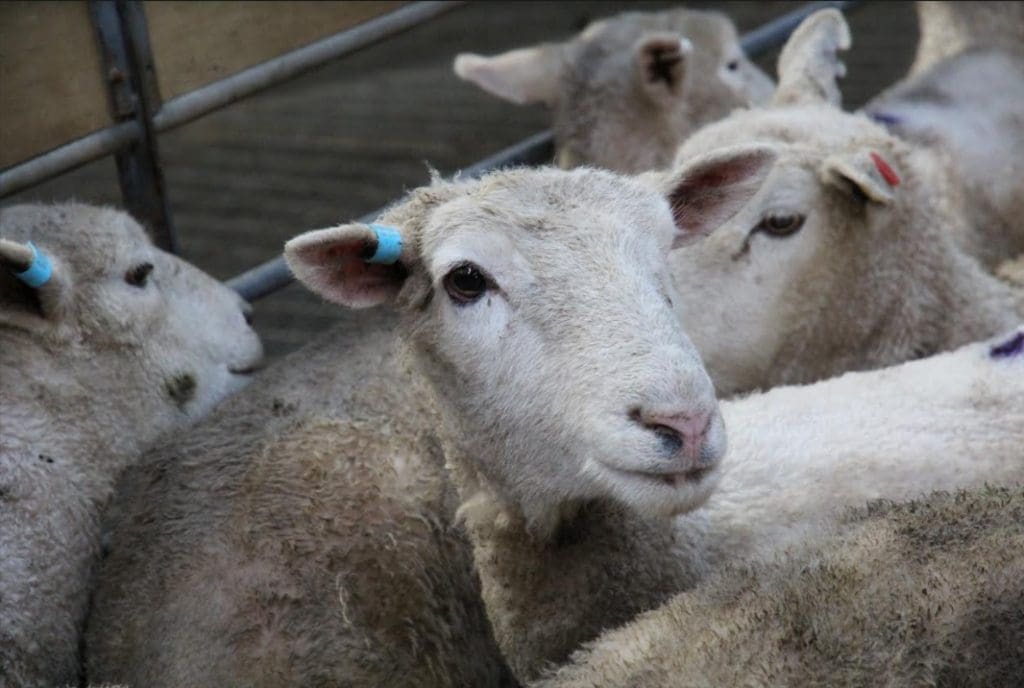
Iris Data Science’s Sheep NN project aims to develop a facial recognition system for sheep. Image – Iris Data Science.
COULD facial recognition of sheep eliminate the need for electronic ear tag identification in your ewe or goat flock, or even in a beef herd?
A New Zealand company wants to find out and has received funding to develop a world-first facial recognition software system for sheep by the end of the year.
Dunedin-based artificial intelligence and machine learning company Iris Data Science has received a $40,000 grant from New Zealand innovation agency, Callaghan Innovation, for its Sheep Neural Network or Sheep NN project.
Several research studies have shown that sheep can be trained to recognise human faces from photographic portraits – and can even identify the picture of their handler without prior training. See Cambridge University Youtube above.
But the New Zealand researchers want to turn this concept around and develop a sheep facial recognition software system that would eliminate the need for costly electronic identification or ear tagging.
Sheep NN – a project created by Dunedin-based artificial intelligence and machine learning company Iris Data Science – received a $40,000 grant from Callaghan Innovation towards the $100,000 project that will take the model to prototype by the end of the year.

Iris Data Science’s Greg Peyroux.
Iris Data Science co-founder Greg Peyroux said the goal is to develop a cost-effective and revolutionary sheep re-identification system for farmers using images captured by a bespoke camera rig and processes.
“Sheep face images are collected and fed into a machine-learning model, which gradually learns to identify sheep by finding recognisable features.”
The project was launched at this year’s MobileTECH event in Rotorua – an annual event showcasing digital technologies for the agricultural, horticultural and forestry sectors – and TEXpo 2019, Techweek NZ’s technology showcase.
Mr Peyroux said the company has already collected thousands of images and hours of high-resolution video footage from farms to create a deep learning identification pipeline that will be further developed in the coming months. The Callaghan funding will allow the company to take this to a commercial prototype.
“As more farmers move towards management technologies such as digital scales and automatic drafting gates, a reliable low-cost method of identification is essential and we believe we have found a solution with this new cost-effective technology,” he said.
Company co-founder Benoit Auvray said the new funding would assist with overcoming the challenges of applying a deep neural network to detect sheep faces in an image complicated by changing head pose, background and lighting conditions.
“Deep learning methods have superseded computer vision techniques for human facial recognition and have shown promising results for animal identification.
“Sheep identification from images is a complex issue that has not yet been fully researched and is unlikely to be addressed overseas in the near future, but has major commercial implications for New Zealand’s agricultural industry.”
The company believes future applications for the technology include tracking animal locations to prevent rustling, monitoring animal behaviour, estimating weight, diseases, welfare, or other characteristics, or estimating parentage without the need to observe lambing or do DNA parentage testing.
The team has also recently begun collecting data and developing similar facial recognition technology for other stock including cattle and goats, and expect this will be available shortly after the sheep prototype.

HAVE YOUR SAY